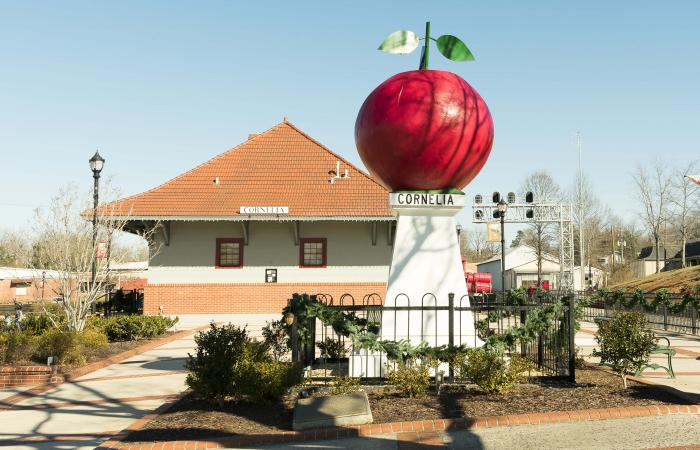
Haralson County has been announced as Broadband Ready by the Georgia Department of Community Affairs (DCA). The designation recognizes a city/and or county whose local government has completed the application and demonstrated compliance with the adoption of a local comprehensive plan inclusive of the deployment of broadband services and a Broadband Model Ordinance.
When internet access challenges began in Haralson County, over two-thirds of the houses in the county did not have access to wireless broadband. This meant more than 1,400 residents had no wireless option other than satellite. The matter grew, impacting what people were selling, considering building, or deciding to stay in the community.
“When COVID disrupted the world, Haralson County was not ready to move onto the services provided over the internet,” said Eric McDonald, Chamber of Commerce President.
During that time, the county found itself lacking necessary resources and having difficulty partnering with internet service providers that financially made sense to serve without public participation. Residents had expressed their concerns while commercial real estate transactions halted due to the lack of access to a capable broadband service.
McDonald stated the county filled online Paycheck Protection Program (PPP) and Economic Injury Disaster Loan (EIDL) loan applications for business owners unable to access the internet. A number of small businesses were even faxed paperwork to complete to stay open. In addition, students were receiving instructional paper packets by a school bus route.
Public outcry encouraged the Board of Commissioners to add a $200,000 capital project to the 2014 SPLOST program. With the county amending its comprehensive plan to include broadband as an essential service, it was only a matter of applying for the designation.
“Broadband is expected,” McDonald stressed. “Without access to a reliable and affordable internet connection, people and businesses will choose to not locate and even leave. So, the question really became how can we not address this problem.”
For other communities wishing to apply for the designation, McDonald emphasized that hope is not a plan. Communities must look at the barrier and opportunities that are present and leverage what assets, partners, and programs they have. With the designation, community leaders can then begin the conversation of solutions.
“Kudos to the State of Georgia for stepping up to provide technical resources, money, and a clearing house for ideas that have worked or not in other communities,” McDonald closed.